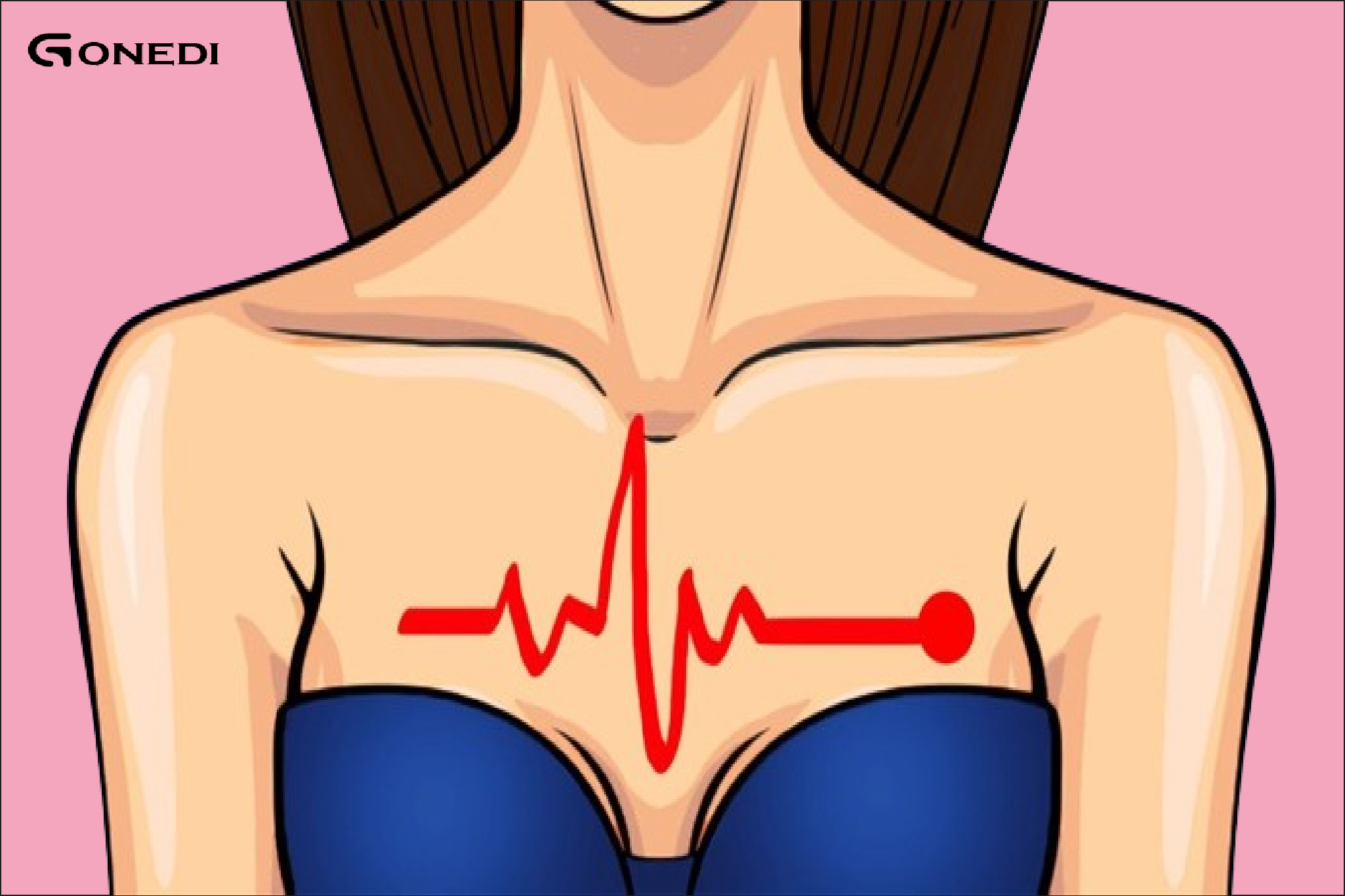6 warning signs your body may be giving you a month before a heart attack
A heart attack is a serious and life-threatening event that occurs when blood flow to the heart muscle is suddenly blocked. While it seems like heart attacks often strike without warning, the truth is that the body may be giving off subtle cues and signals in the weeks leading up to such an event. Recognizing these warnings can be crucial for timely medical care and potential heart attack prevention. In this article, we’ll delve into six warning signs your body may be giving you about a month before a heart attack. Paying attention to these signals and taking appropriate action can play a vital role in protecting your heart health.
Unexplained fatigue
Feeling unusually tired or exhausted, even after a good night’s sleep, can be an early warning sign of an impending heart attack. As the heart struggles to pump blood efficiently due to narrowed arteries, the body may not receive enough oxygen and nutrients, leading to constant fatigue.
shortness of breath
Experiencing unexplained shortness of breath, especially during routine activities that did not previously cause such discomfort, may indicate that your heart is not functioning optimally. A decreased ability of the heart to pump blood effectively can cause fluid to build up in the lungs, leading to shortness of breath.
Chest pain or discomfort
Chest pain or discomfort is a classic symptom of a heart attack, and it’s important to take it seriously. If you notice a feeling of squeezing, squeezing, fullness, or pain in your chest that comes and goes, it could be a sign of poor blood flow to your heart.
Hypertension
Persistently high blood pressure, also known as hypertension, can put extra stress on your heart and blood vessels. If blood pressure is not well managed and remains high, it increases the risk of heart disease, including heart attacks.
Arrhythmia
An irregular heartbeat, known as an arrhythmia, can be an indication of an underlying heart problem. If you experience heart palpitations, skipping beats, or a fluttering sensation in your chest, it is important to consult a healthcare professional for a proper evaluation.
Increased anxiety or restlessness
Increased anxiety and constant restlessness may be associated with an impending heart attack. The body’s stress response can put stress on the heart and contribute to the development of cardiovascular problems. If you are experiencing unexplained anxiety or sleep disturbances, it is recommended to seek medical advice.
Your body often presents warning signs before a major health event such as a heart attack. Recognizing and understanding these signs can help you take proactive steps to protect your heart health. If you notice any of these six warning signs—unexplained fatigue, shortness of breath, chest discomfort, high blood pressure, irregular heartbeat, or increased anxiety—it is essential to consult a healthcare professional immediately. Early detection and intervention can make a big difference to your prognosis and your overall well-being. Remember, heart health is a journey that requires attention, healthy lifestyle choices, and regular medical check-ups


